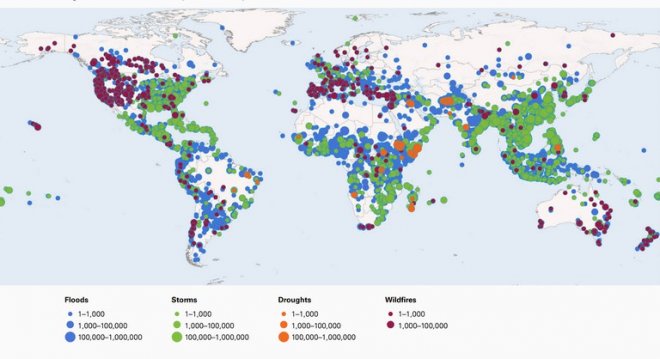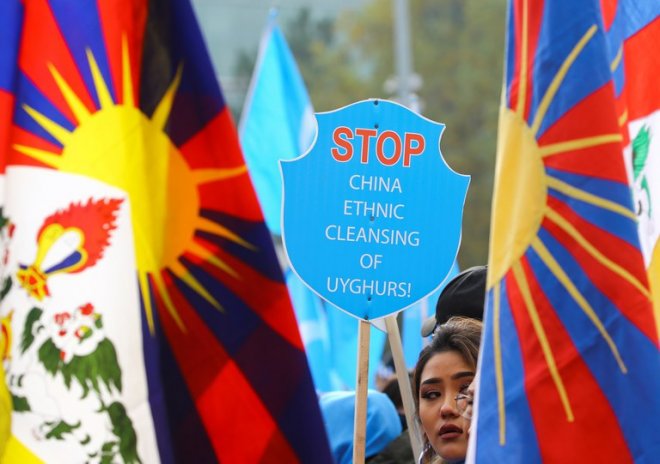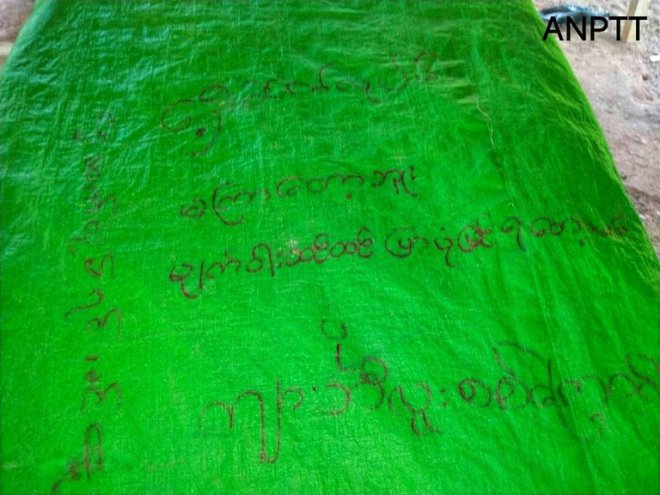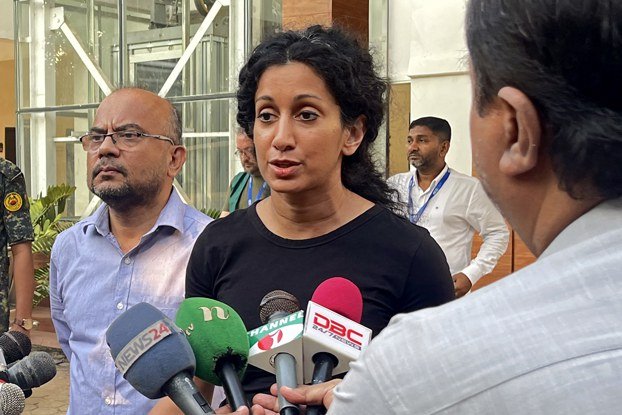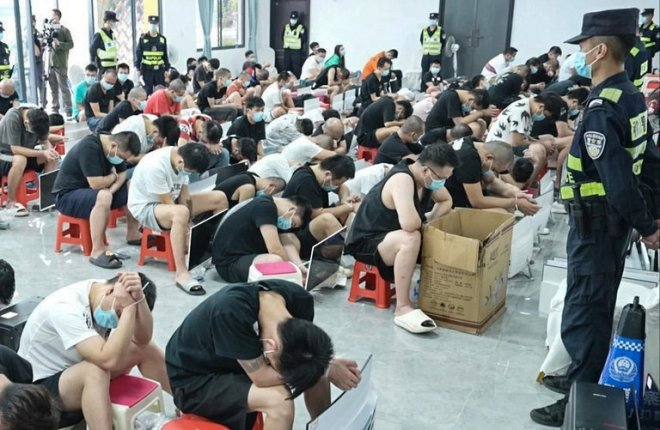Laos to grant honorary citizenship to foreigners who invest US$1.5 million
Laos will allow foreign nationals to acquire honorary citizenship if they donate and invest roughly U.S. $1.5 million, but critics worry that the program could result in a massive land grab by wealthy Chinese investors.According to Decree No. 14 issued in September, honorary citizens are exempt from visa requirements for entering and exiting the country and may live in Laos permanently. Additionally, they will be able to buy land on state-owned property for a set duration and they can lease public and private land, the Laotian Times reported.
To become an honorary citizen, investor applicants must donate $500,000 towards the country’s socio-economic development, and also invest $1 million before they apply, the report said.
The stated purpose of the program is to bring in foreigners with knowledge and expertise to help Laos develop. But this will likely mean that Chinese investors will buy up land and leave Lao people with fewer places to live and less access to natural resources, said a resident of the capital, Vientiane, who asked not to be identified for safety reasons.
“It’s not right, what they are doing,” the source said. “If someone has money they can buy anything, including land and other things. But the Lao people are poor, and after a while the people will not have any land to grow crops.”
The decree would allow investors to purchase unlimited amounts of land, a source from the northern province of Luang Prabang told Radio Free Asia.
“We already have a lot of Chinese investors here in our country as it is,” the second source said. “When they come to get their land concession, it affects rural villagers. They won’t have land to grow rice to feed their families any longer.”
China is Laos’ largest foreign investor and aid provider, and its second-largest trade partner after Thailand.
Growing resentment
Reports have increased in recent years of growing resentment in Laos over Chinese business presence in the country, over Chinese casinos and special economic zones linked to human trafficking and crime, and over the often high-handed treatment of Lao workers by their Chinese bosses.
But a government official pointed out that the program is not only available to Chinese citizens.
“It is open to all foreigners who have the money to invest,” the official, from the Lao Ministry of Justice, told RFA.
“We do not choose what nationality to give the honorary citizenship to. They can be Thai, Chinese or Vietnamese,” the official said. “All have the same right to get honorary citizenship from the government.”
An honorary citizen has some, but not all, of the rights of a full-fledged Lao citizen, a second official said, particularly that honorary citizens can gain concession to use land but cannot own it.
But since all land in Laos is owned by the state, residents can be forced off their land with little or no compensation as they are pushed out to make room for development projects.
RFA was not able to determine exactly how honorary citizenship differs from full-fledged citizenship.
The honorary citizenship program has both positives and negatives, a law professor from Lao National University told RFA.
“The good point is that it will allow foreign investors to more easily invest in our country,” he said. “But the bad point is that in the future there will be many foreign investors coming to Laos, and this could force Lao people to move out from their rural villages.”
Several other countries in the region offer either permanent residency or citizenship to those who invest in large amounts.
Singapore grants permanent residency to foreign nationals who invest at least $2.5 million, while South Korea will grant it to those who invest $5 million, or who live in the country for three years after investing more than $500,000. In both countries, permanent residents can become citizens after living in the country for a specific period of time.
The “Cambodia My Second Home” program, meanwhile, allows foreign investors to acquire a visa with a five-year path to citizenship with an investment of $100,000 or more. Cambodian law also allows for investors to bypass minimum residency requirements with an investment of about $312,000.
Similar programs exist in Thailand, the Philippines and Malaysia.
In Cambodia, some have been able to bribe their way to obtain immediate citizenship. Independent news outlet VOD reported last month that interior ministry official Oknha Duong Ngeap admitted in court to taking $120,000 each from Chinese and Taiwanese clients in exchange for granting them Cambodian citizenship.
Translated by Sidney Khotpanya. Written in English by Eugene Whong.
|
本篇 |
不想錯過? 請追蹤FB專頁! |
| 喜歡這篇嗎?快分享吧! |
相關文章
AsianNewsCast









